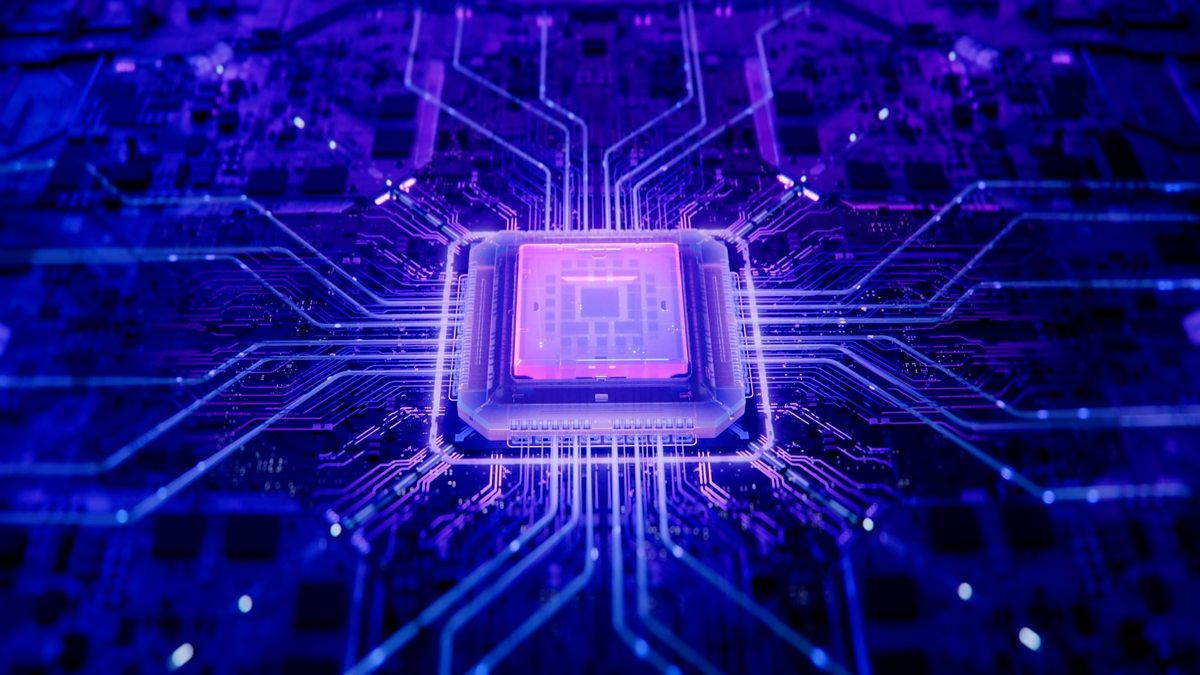Get the latest tech news
How a new type of AI is helping police skirt facial recognition bans | Adoption of the tech has civil liberties advocates alarmed, especially as the government vows to expand surveillance of protesters and students.
Adoption of the tech has civil liberties advocates alarmed, especially as the government vows to expand surveillance of protesters and students.
Police and federal agencies have found a controversial new way to skirt the growing patchwork of laws that curb how they use facial recognition: an AI model that can track people using attributes like body size, gender, hair color and style, clothing, and accessories. The product has drawn criticism from the American Civil Liberties Union, which—after learning of the tool through MIT Technology Review —said it was the first instance they’d seen of a nonbiometric tracking system used at scale in the US.They warned that it raises many of the same privacy concerns as facial recognition but also introduces new ones at a time when the Trump administration is pushing federal agencies to ramp up monitoring of protesters, immigrants, and students. Jay Stanley, a senior policy analyst at the ACLU, wrote in 2019 that artificial intelligence would someday expedite the tedious task of combing through surveillance footage, enabling automated analysis regardless of whether a crime has occurred.
Or read this on r/technology
